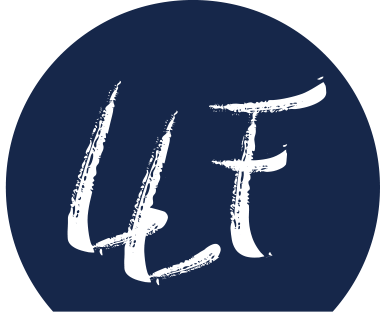Pension reform in Luxembourg: longer working lives ahead!
In his last State of the Nation address, Luxembourg’s Prime Minister Luc Frieden revealed the next pension reform, focusing primarily on increasing the contribution period required to qualify for a full pension. While the legal retirement age will remain unchanged at 65, the number of contribution years will gradually increase by three months per year over several years, bringing the effective retirement age closer to the legal threshold.

This reform will not affect those already retired or nearing retirement. The inclusion of study years and years spent bringing up children “baby years” in pension calculations will also be preserved. Similarly, the core structure of the current pension system — the first pillar — will remain intact, with no move towards privatization or capital-based retirement accounts. However, the government plans to make third-pillar private pensions more attractive, partially responding to long-standing demands from insurers for more generous tax incentives.
A major new feature of the reform is the introduction of gradual retirement. This flexible approach will allow workers nearing retirement age to reduce their working hours while beginning to draw part of their pension.
The contribution rate will remain unchanged.
One issue of concern remains the vulnerability of retirees on minimum pensions, which barely exceed the poverty threshold. In response, the government plans to introduce targeted social support for individuals at risk of falling into financial hardship upon retirement.
The reform marks a significant step towards adjusting Luxembourg’s pension system to demographic and fiscal realities.
If the law is passed this year, this new principle could take effect in 2030. People around the age of 45 would then have to work two and a half to three years longer and this would also apply to civil servants.
A debate on the pension reform will continue until the summer, with an assessment expected in early July and discussions with social partners hoped to take place a few days later.
Linari law firm is available should you need any assistance. Do not hesitate to contact us for more information on this matter!







